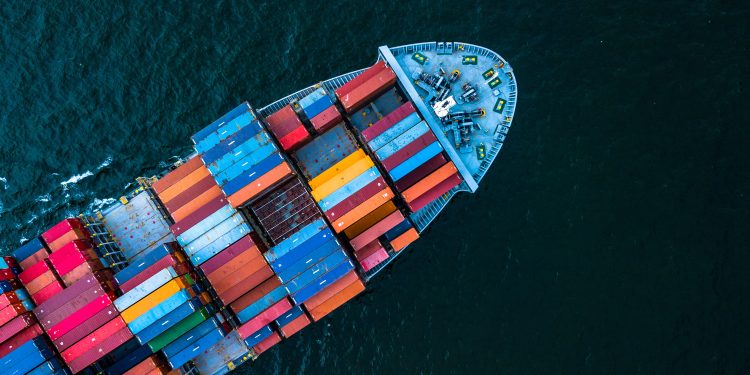President Joe Biden signed into law the Ocean Shipping Reform Act (OSRA). The law aims to stop “shipping companies taking advantage of American families, farmers, ranchers and businesses,” the president said.
OSRA was created on the back of exporters lobbying politicians to intervene during the supply chain crunch seen in the US during the pandemic.
[smlsubform prepend=”GET THE SAFETY4SEA IN YOUR INBOX!” showname=false emailtxt=”” emailholder=”Enter your email address” showsubmit=true submittxt=”Submit” jsthanks=false thankyou=”Thank you for subscribing to our mailing list”]
The law will allow the US shipping regulator, the Federal Maritime Commission, to launch probes of containerlines’ business practices and to apply enforcement measures, require ocean common carriers to report to the FMC total import/export tonnage each calendar quarter and would bar ocean carriers from unreasonably declining opportunities for US exports.
Commenting on the development, the World Shipping Council stated the following:
Recent weeks have seen several attempts to demonize ocean carriers by deploying ‘us versus them’ rhetoric. That is not only inaccurate but dangerous, as it undermines the ability to understand and work towards solving the root causes of America’s supply chain problems
WSC also added that the Federal Maritime Commission just completed a two-year investigation into the international ocean supply chain, finding that ocean carrier competition is ‘vigorous’ and that while ocean freight prices are high, they are “exacerbated by the pandemic, an unexpected and unprecedent surge in consumer spending particularly in the United States, and supply chain congestion, and are the product of the market forces of supply and demand.”
The FMC further stated that “the worn-out talking point that‘there’s only nine major ocean shipping lines who ship from Asia to the United States is also untrue. While nine lines in and of itself is evidence of competition and not concentration, there are an additional thirteen ocean liner companies that operated over 30% of the sailings from Asia to the U.S so far this year.”
There is no dispute that carriers, after two decades of low or no margins and cheap and abundant capacity for shippers, are actually making profits. These profits are invested in building capacity for the future on land and sea
WSC concluded.






























































